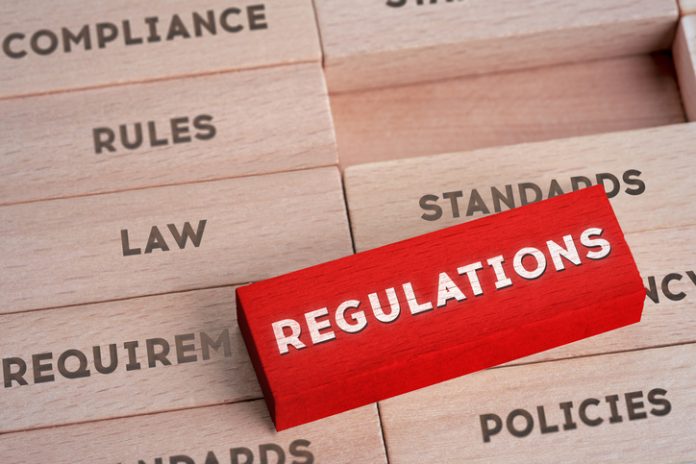A group of medical and health practitioners who support the use of Psychedelic-Assisted Therapy (PAT) in clinical practice in Australia are now urgently calling for a comprehensive review of the current rules, regulations and guidelines for the use of psychedelic medicines, which they say are not fit for purpose and are causing more problems than they solve.
On 1 July 2023, the TGA made changes to the classification of psilocybin and MDMA to enable prescribing by authorised psychiatrists for the treatment of certain mental health conditions, including treatment-resistant depression and PTSD. To prescribe, psychiatrists must be approved under the Authorised Prescriber Scheme by the TGA following approval by a Human Research Ethics Committee.
Australian Multidisciplinary Association for Psychedelic Practitioners (AMAPP) is a registered multidisciplinary organisation of qualified health practitioners, including doctors, psychiatrists, psychologists, nurses, paramedics and social workers, who are keen to encourage and promote the safe and judicious introduction of PAT as a recognised, well-regulated and effective treatment in the Australian mental health field.
“To this end, our members, many of whom have extensive experience understanding and working with psychedelic medicines for the treatment of psychiatric disorders, have come together to develop safe, efficient and practical guidelines for the use of PAT as well as educational resources for general practitioners and the public,” said the AMAPP Chairman Dr Anthony Bloch.
‘We feel that the current regulations and recommendations made this year by the TGA and the RANZCP leave a lot to be desired,” said Dr Bloch. “We understand that the TGA decision made earlier this year was both unexpected and perhaps premature, considering the lack of adequate research up until now into psychedelic medicines, but nevertheless, the decision was made, and under certain prescribed circumstances, PAT can now be legally utilised by suitably qualified and trained psychiatrists.”
However, according to Dr Bloch: “The current regulatory system is virtually unworkable, overly cautious and cumbersome and needs to evolve with the help and input from those practitioners who have appropriate knowledge and experience working in the psychedelic field.”
AMAPP is proposing an urgent meeting of “minds and regulators” so that all those interested and invested in this work can come together and develop fairer and more progressive guidelines and regulations. According to the group, what is most important is equitable and reasonable patient access to these treatments, as well as more flexibility and sharing of the treatment roles and responsibilities by the psychiatrists and the therapists involved.
AMAPP argues that a number of other issues also need to be sorted out and agreed upon, such as appropriate advertising, clinic locations and types, the need for uniform national standards, as well as the future collection of accurate treatment and research data.
“We are proposing that everyone invested in PAT, the TGA, state health departments, HREC’s, Academic institutions, the RANZCP, and all the professional organisations representing our members get together and formulate ways of significantly improving the current inadequate state of play. Failure to address these issues may push desperate, vulnerable patients to unregulated therapists where real harm is more likely.”






